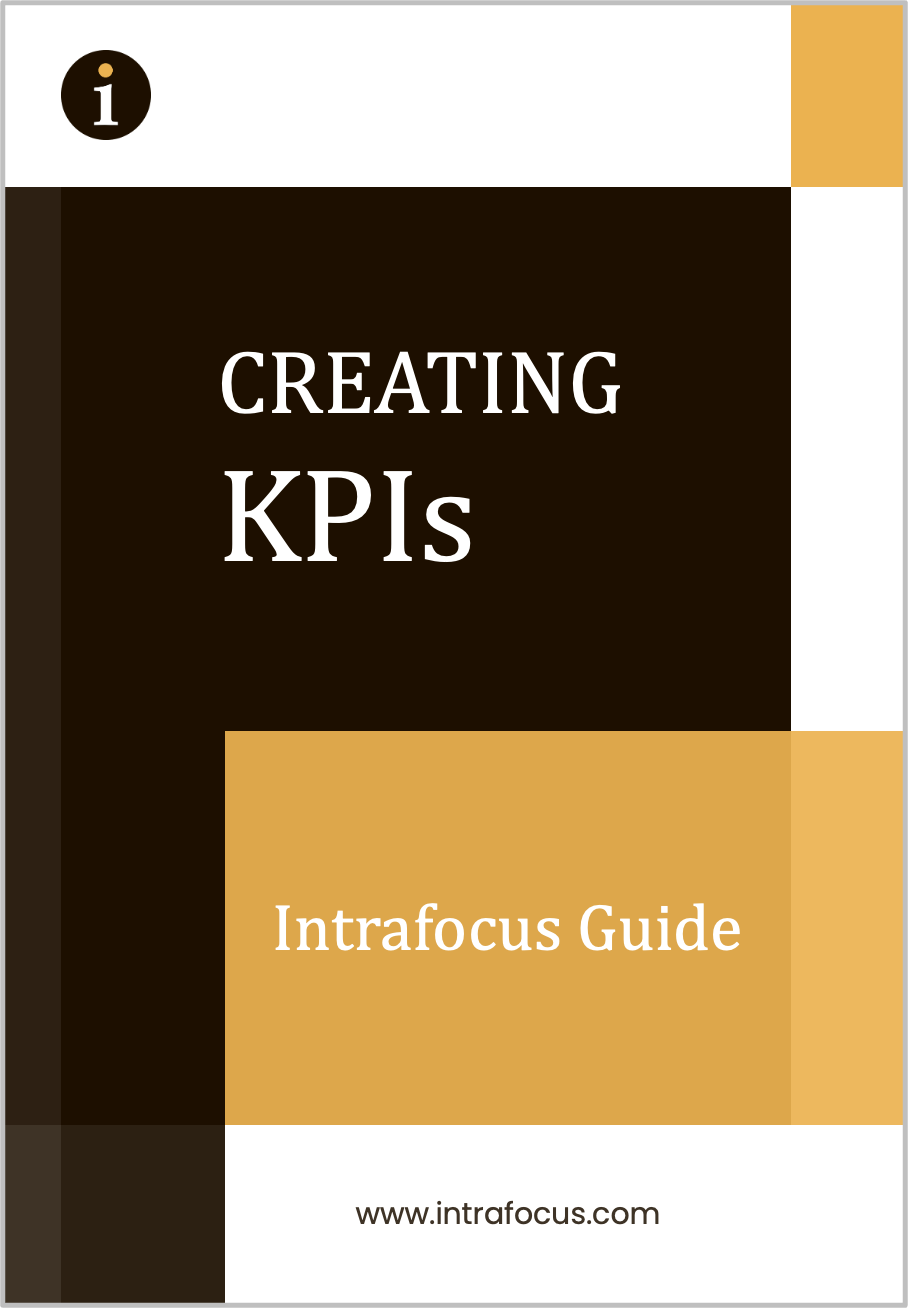The weather in the United Kingdom has been extremely mild for this time of year. We have had the warmest September since records began and what is shaping up to be the mildest October. It is only in the last couple of days the signs of autumn have begun to show. The leaves on the trees are beginning to change colour but many are still richly green. This is providing a most unusual, but nevertheless beautiful autumn show. Dealing with this change has come as a pleasant surprise to millions of commuters. In more normal years they would be wrapping up against the cold and carrying umbrellas. It is rare to go through change, and enjoy the experience.
In business, often, we are not very good at dealing with change. It may be a change at one end of the scale such as a dramatic stock market crash or the other end of the scale, like this year’s autumn commuter, the lack of change when change is anticipated. Surprisingly, it is the latter that can be more devastating. Typically a dramatic market change will impact everyone. Everyone is in the same boat, they understand that change is necessary and that they have to pull together to put in place a remedy. Lack of change, when change is anticipated, creates uncertainty.
When an anticipated change does not occur, it is usually because a business has predicted something will happen, and it does not. It may be an over-ambitious target has not been reached; it may be a planned merger has failed; it may be funds for an important project have not materialised. In each of these cases there has been a failure in the business processes leading to the predicted business change. It is all too easy at this stage to start pointing fingers and looking for someone to blame. Don’t. Take a step back, take a deep breath and count to ten!
It is inevitable, at some stage, things will not go to plan and remedial action will have to be taken. When changes have to be made, the most significant impact will almost certainly be on people. Very few people are able to ride the winds of change and embrace it. Most will be scared or at the very least, concerned. Here are a few things to consider when dealing with unanticipated changes.
Accept the inevitability of the change – don’t dig your heals in. Change is an inevitable as the seasons. We live in a world that is constantly changing and the changes are coming faster and faster. Try to look towards the benefits of change rather than what will be lost.
Keep Learning – not just your job, keep your mind alive to new information and opportunities. Stretch yourself constantly. There are many chefs who have degrees in astrophysics! Be a trend watcher, look for inspiration everywhere.
Improve your network – working alone is a lonely business! Make every effort to not only increase the size of your network, but improve its quality as well. Don’t just look for like-minded souls, talk to people who you know are going to challenge you.
Become a fixer not a finger pointer – it is fine to point out problems, you may be very good at identifying things that other people do not see. Are you equally good at seeking out the resolution to the problem? Never complain without offering a solution to the problem.
Be an optimist – one of the most disturbing by-products of pessimism is stress. Stress can cloud judgement and impair good decision making. One of the by-products of optimism seems to be a heightened sense of humour, the ability to lighten a situation and bring people back down to earth. Optimism is contagious, always try and look for a silver lining.
None of the above will actually resolve the problems you may face, but they will certainly help you deal with them. By putting yourself in a position of control, the solution will inevitably be found. Also, none of the above should suggest you dispense with the way you have done things in the past. Let’s return to our commuters, how many of them decided not to take a coat and umbrella to work – just in case?
If you are interested in the subject of change, we recommend the book by Damian Hughes, How to Change Absolutely Anything: Practical Techniques to Make Real and Lasting Changes. It is the latest version of his best selling book reviewed as:
“Bursting with powerful tips, tricks, advice and guidance taken from interviews with some of the most positive and productive people in the world, from Mohammed Ali and Richard Branson to Alex Ferguson and Tiger Woods”


